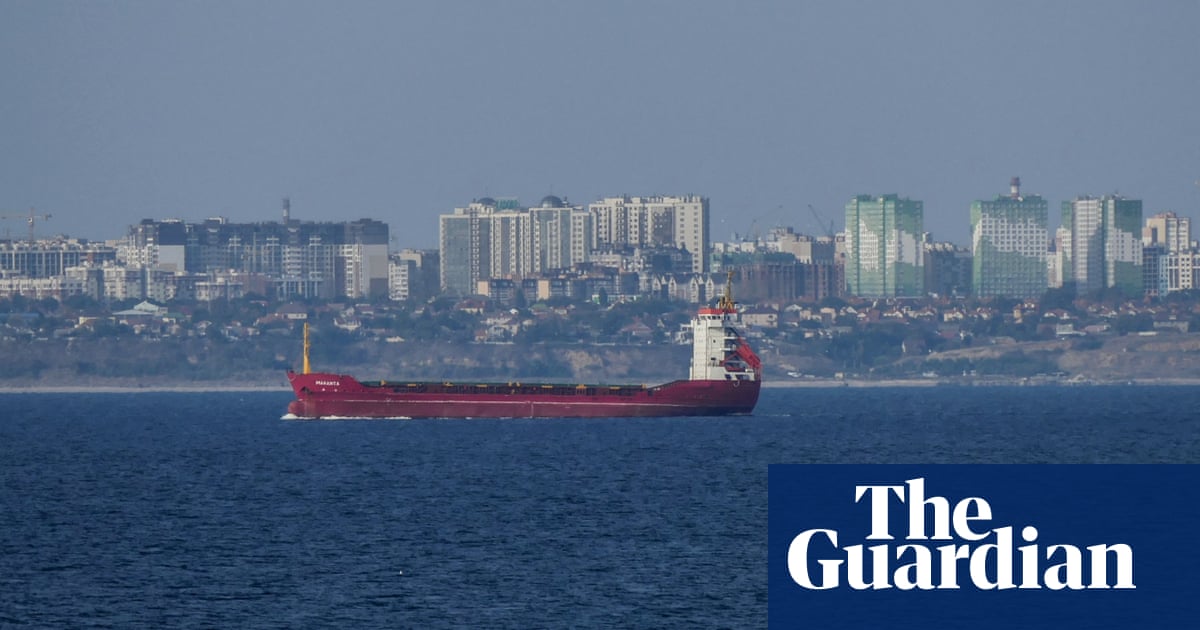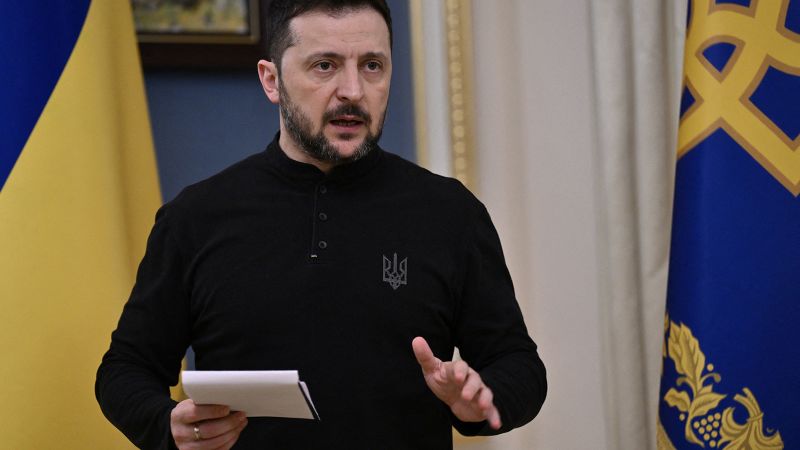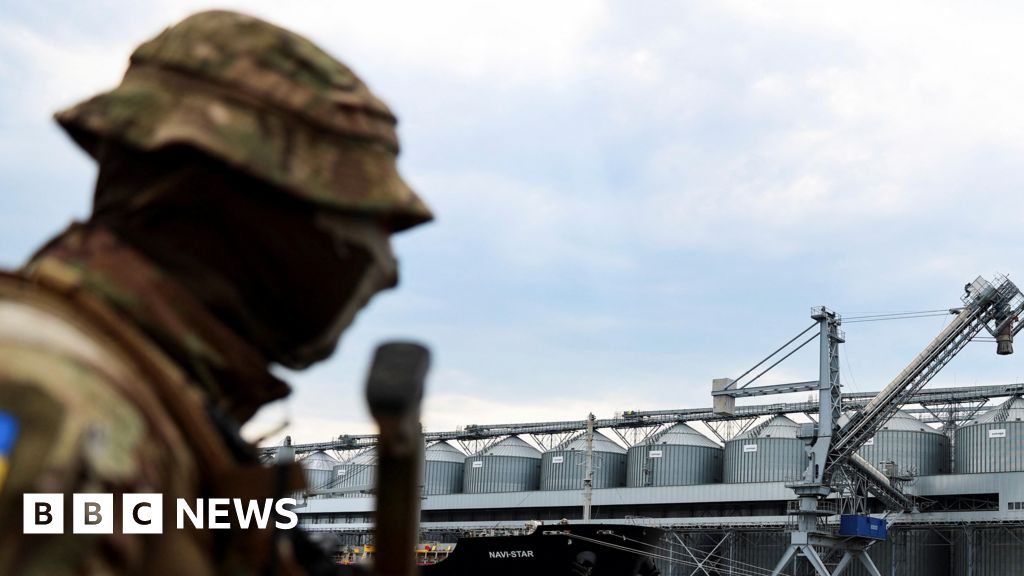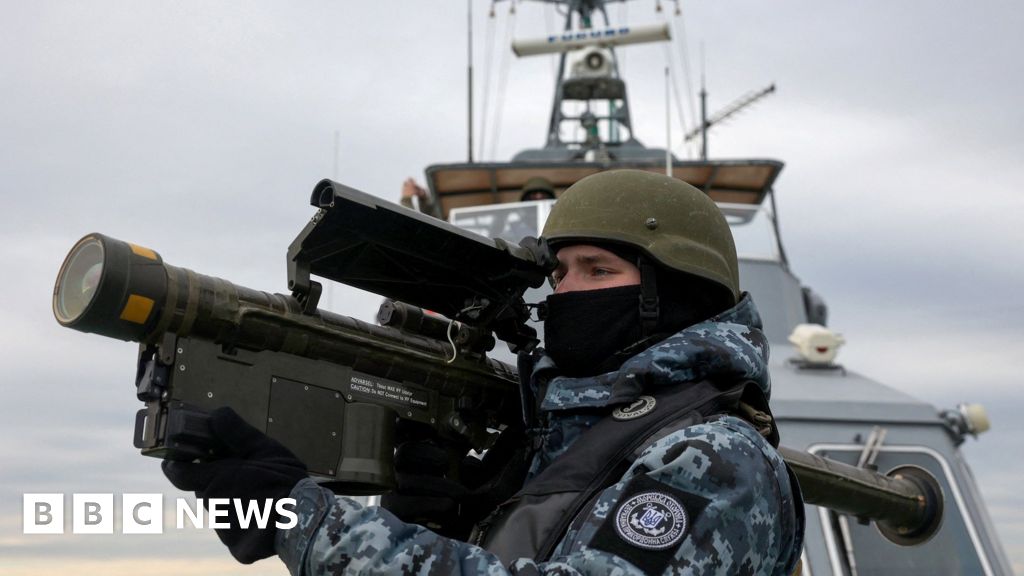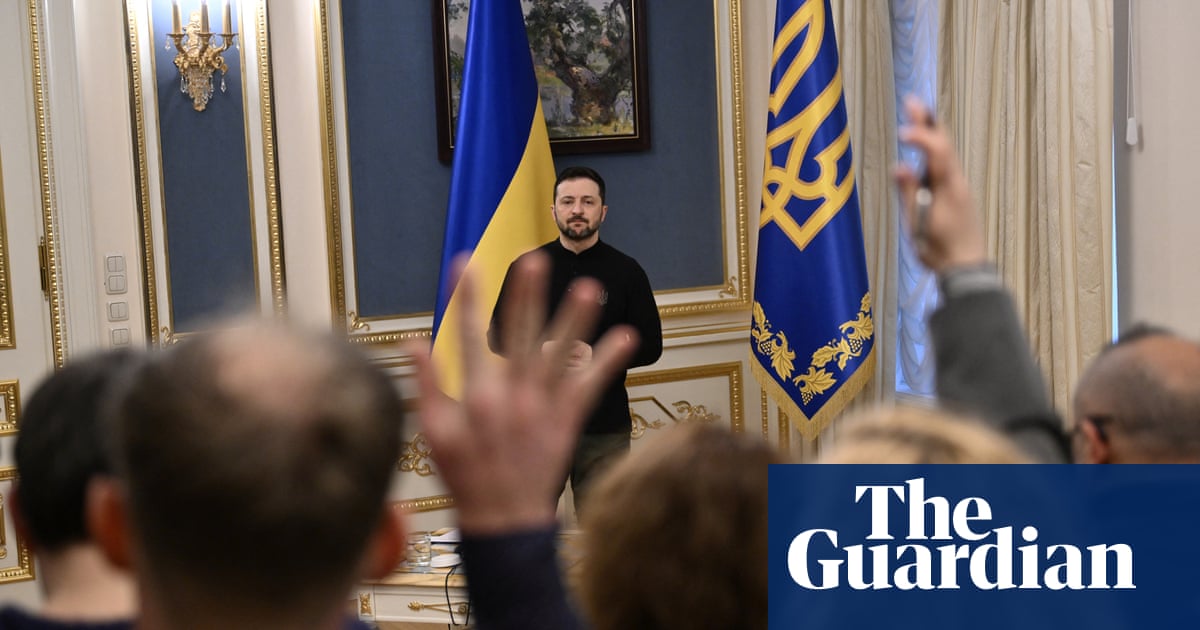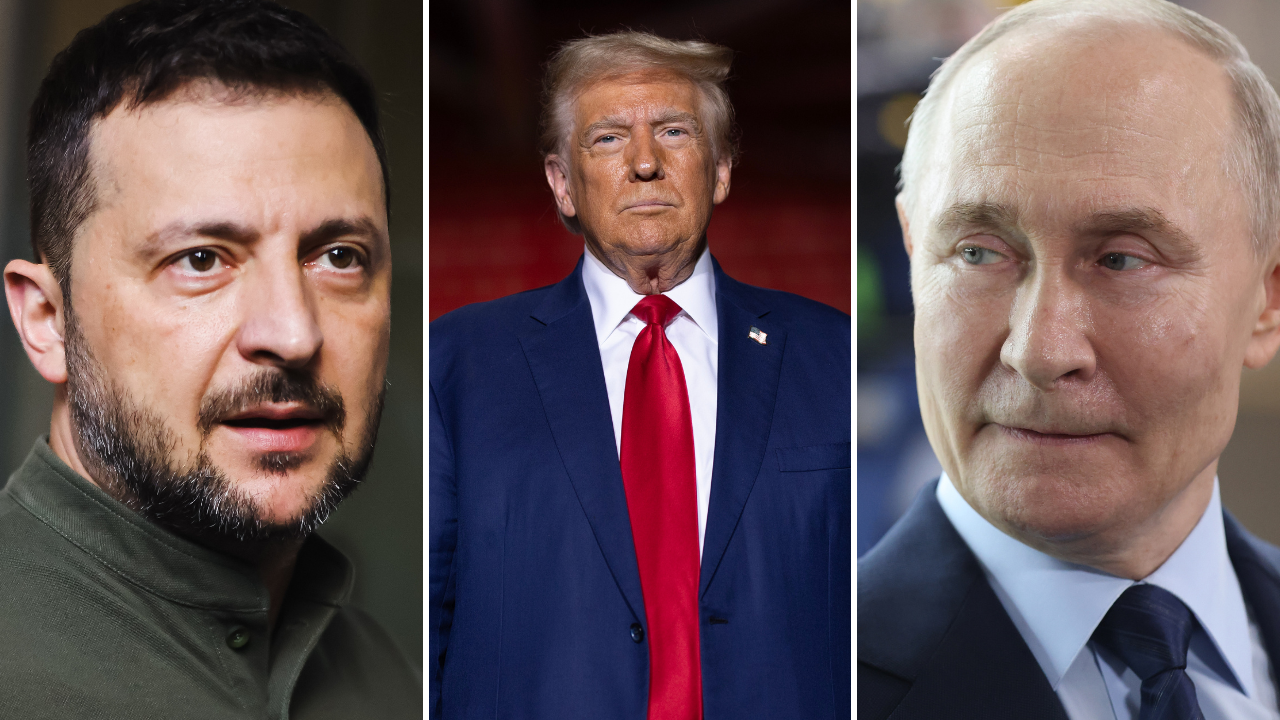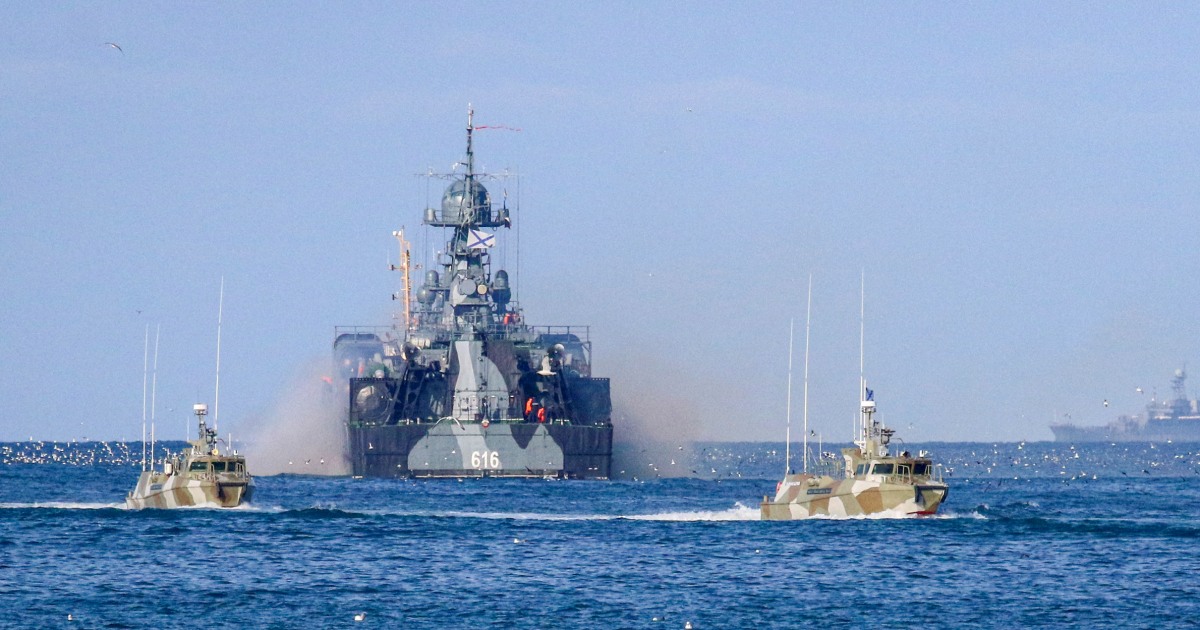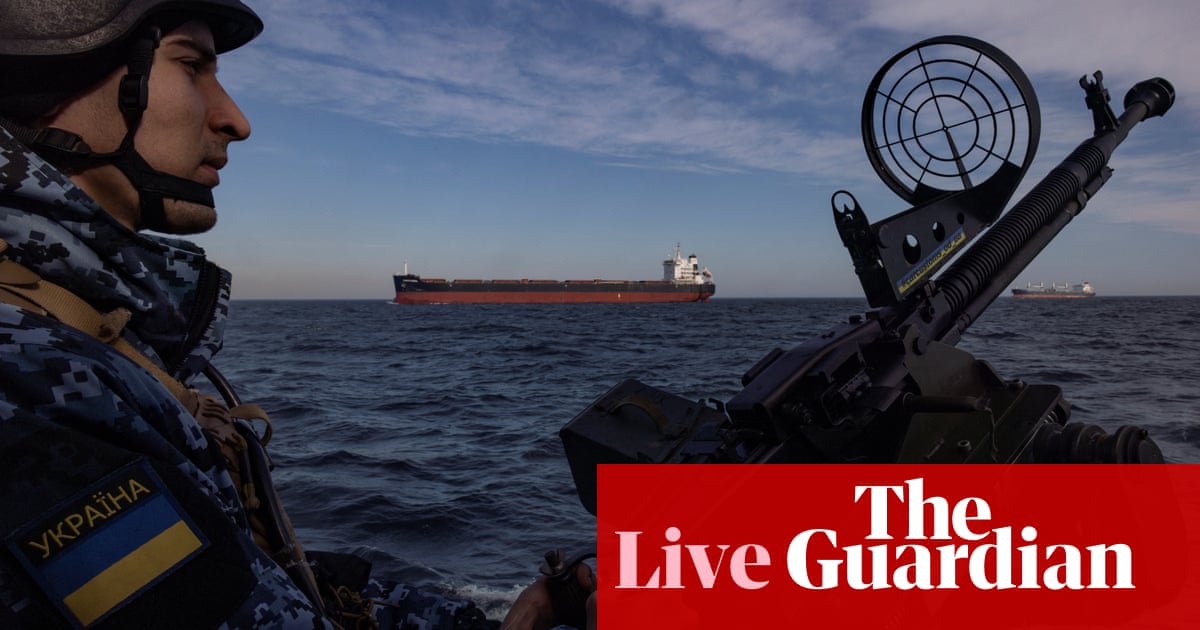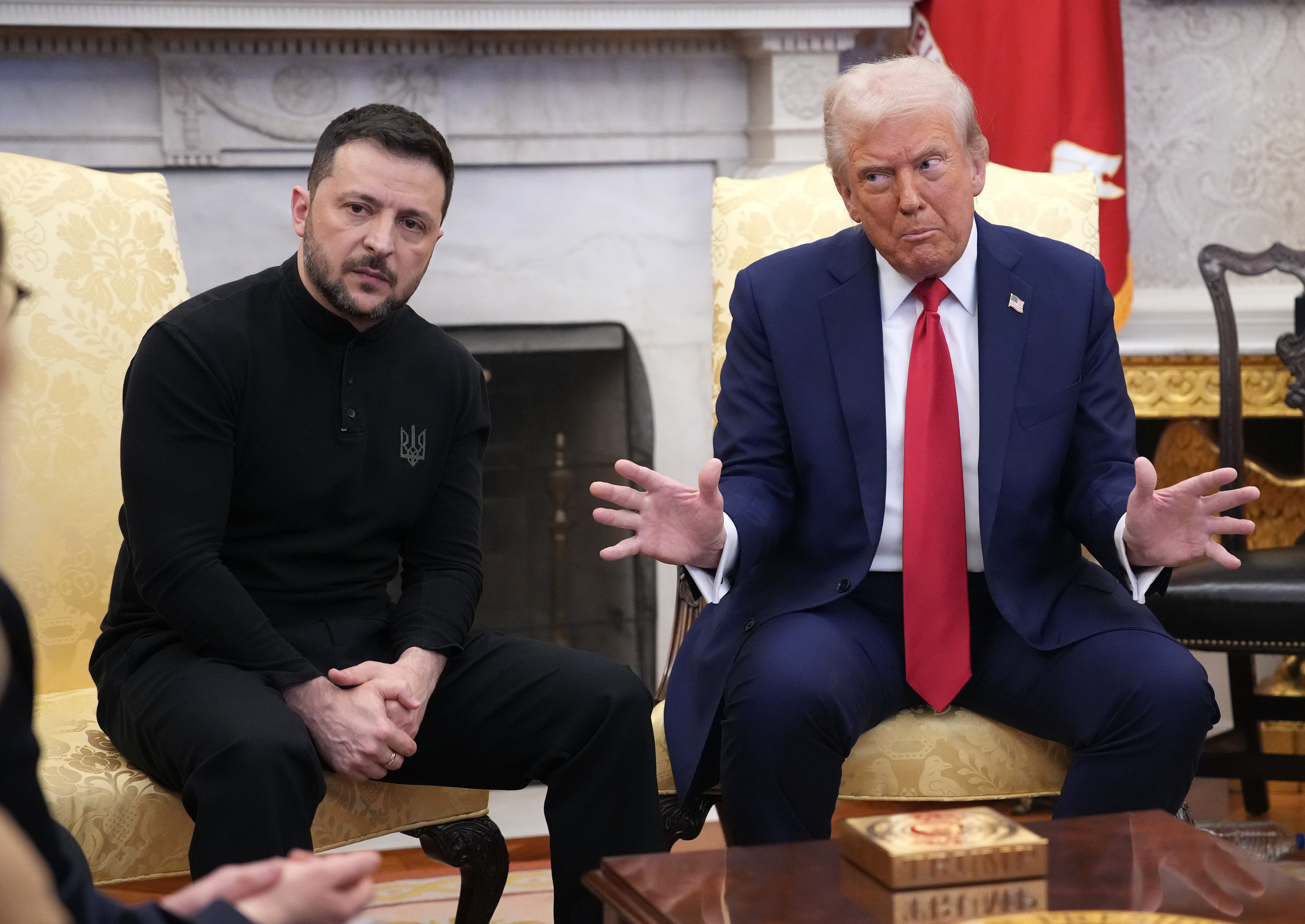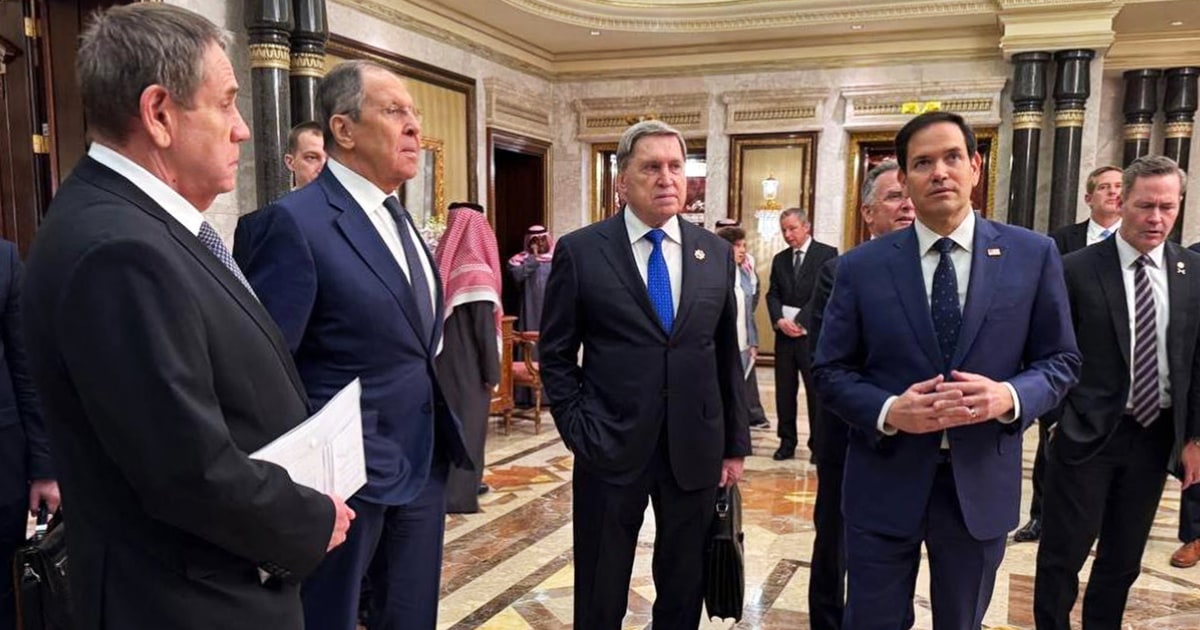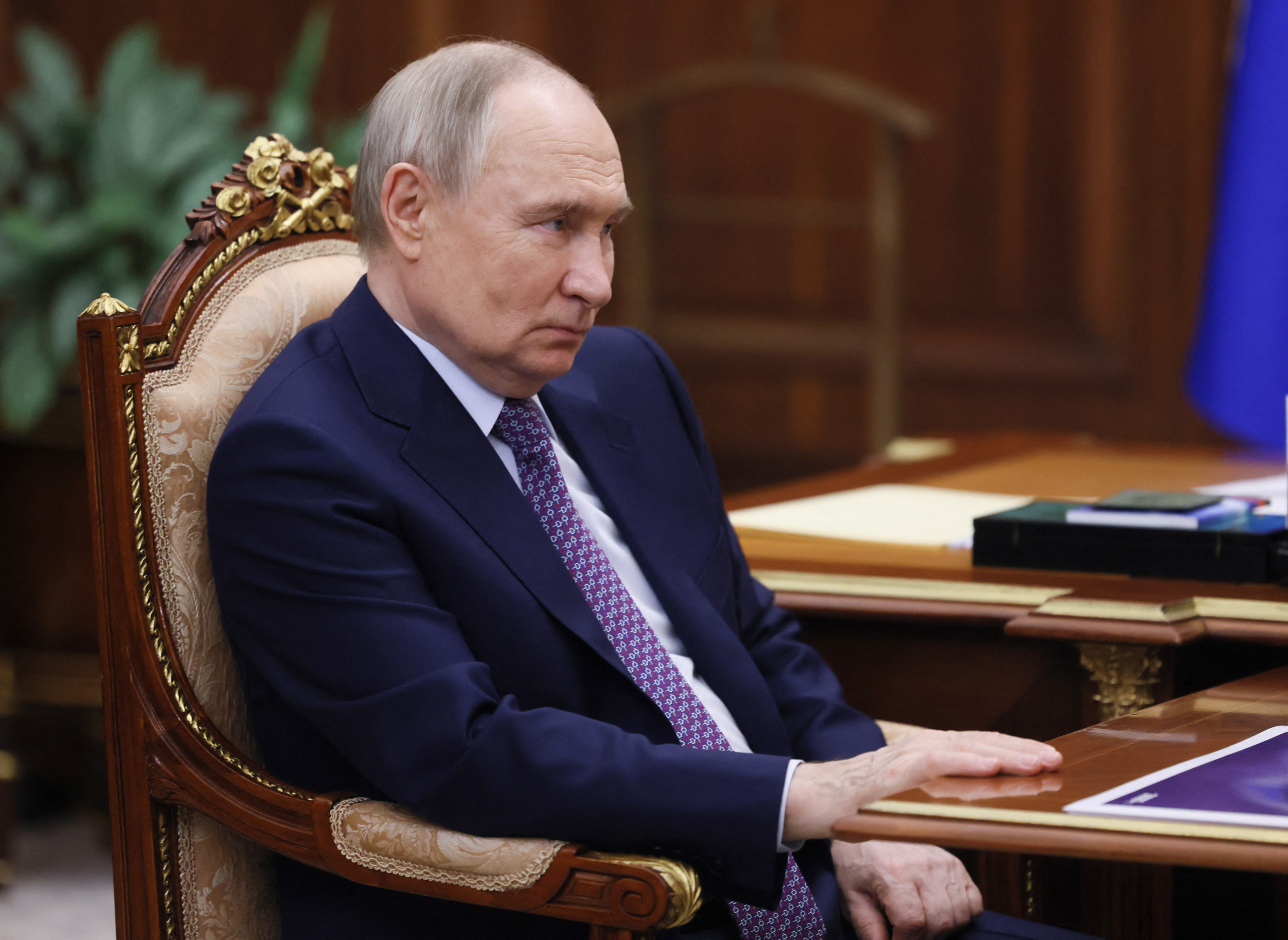New Ceasefire Agreement Between Russia and Ukraine Offsets Ongoing Tensions
A newly struck ceasefire in the Black Sea adds complexities as Russia demands sanctions relief before full implementation.
Overview
Following intense negotiations, Ukraine and Russia agreed to a ceasefire in the Black Sea, with President Zelenskyy indicating immediate implementation. However, Russia conditionalizes its compliance on lifting sanctions affecting its agricultural sector. The Biden administration continues to assess the validity of these demands while US intelligence warns against excessive optimism. Despite the truce focusing on energy facilities both countries are restoring, President Zelenskyy has expressed skepticism regarding Russia's commitment, stressing that the lack of an unconditional ceasefire reflects ongoing hostilities. This situation remains volatile as drone and missile strikes persist amidst these negotiations.
Content generated by AI—learn more or report issue.

Get both sides in 5 minutes with our daily newsletter.
Analysis
Analysis unavailable for this viewpoint.
Articles (30)
Center (16)
FAQ
The agreement focuses on ensuring safe navigation, eliminating the use of force, and preventing the use of commercial vessels for military purposes in the Black Sea. It also includes measures to implement a ban on strikes against energy facilities in both countries.
Russia has conditioned its compliance with the ceasefire on the lifting of sanctions affecting its agricultural sector. This includes restoring Russia's access to the world market for agricultural and fertilizer exports.
Despite the ceasefire, ongoing tensions remain due to continued drone and missile strikes, and skepticism from Ukraine regarding Russia's commitment. The lack of an unconditional ceasefire maintains volatility in the region.
History
- 3M

 4 articles
4 articles
- 3M

 4 articles
4 articles
- 3M

 4 articles
4 articles
- 3M

 3 articles
3 articles


